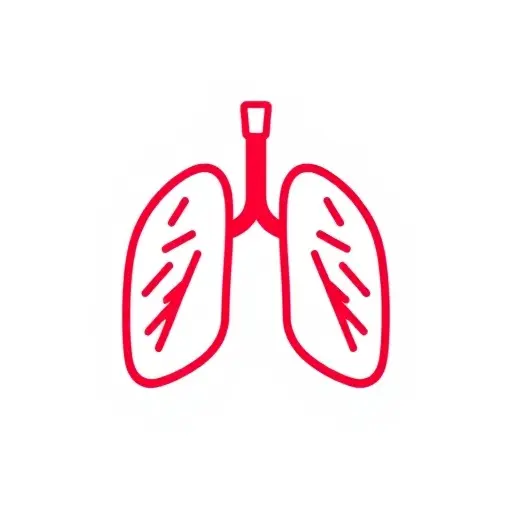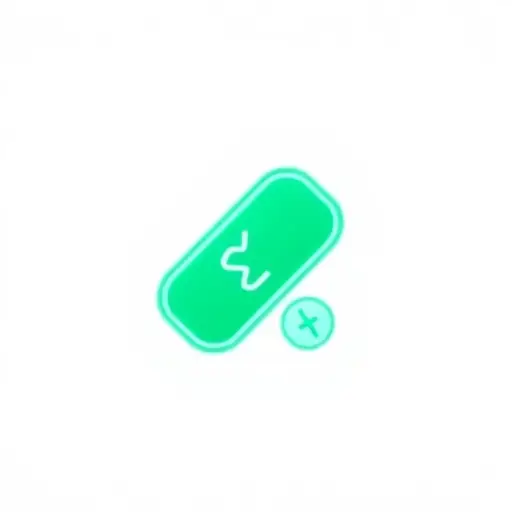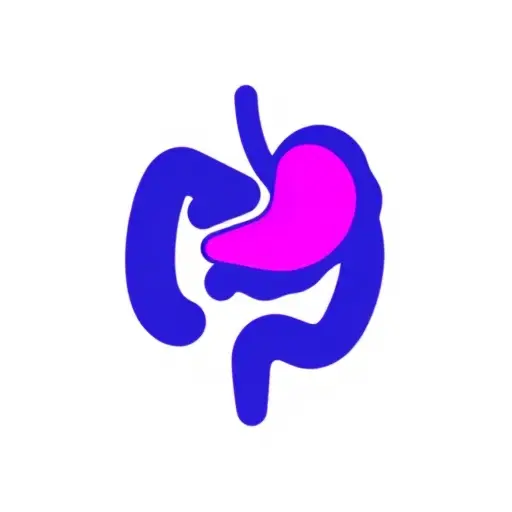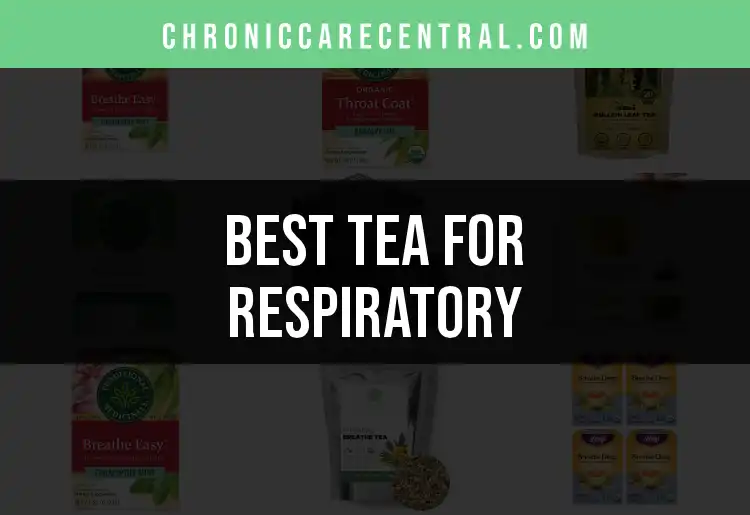Introduction to Respiratory Care
Respiratory care is an essential aspect of overall well-being, focusing on maintaining healthy lung function and supporting patients with respiratory challenges. The human respiratory system is a complex network of organs and tissues—primarily including the lungs, airways, and nasal passages—that enable the exchange of oxygen and carbon dioxide. When this system is compromised, it can affect everything from daily activities to long-term health.
Understanding the function and importance of the respiratory system can empower individuals to take preventive measures, recognize the signs of respiratory distress early, and employ the right interventions for optimal health. Effective respiratory care is about more than treating symptoms—it’s about enabling a higher quality of life.
Overview of Respiratory Aids and Therapies
Modern respiratory care integrates a diverse range of aids, therapies, and strategies. Depending on individual needs, treatments may include both medical devices and medications, as well as holistic and alternative approaches.
Types of Respiratory Aids
Devices and Equipment
Commonly used devices include nebulizers, inhalers, CPAP (Continuous Positive Airway Pressure) machines, spacers, and nasal filters. These tools support breathing, help deliver medications directly to the lungs, or filter out harmful substances before they enter the body.
Medications and Natural Remedies
Treatment options range from prescription inhalers and cough syrups to herbal supplements, homeopathic remedies, and throat lozenges. For instance, herbal throat drops and Ricola lozenges can soothe irritation, while homeopathic nasal sprays may provide relief during allergy season.
The Role of Lifestyle and Environment
Your living environment and daily habits play a pivotal role in respiratory health. Maintaining good air quality, managing allergies, and avoiding smoking or irritants are crucial. Personalized care plans, developed with healthcare providers, address each patient’s unique triggers and circumstances.
Allergies and Respiratory Issues
Common Allergens Affecting Respiratory Health
Allergic reactions often manifest in the respiratory tract, leading to symptoms like sneezing, congestion, nasal itching, and coughing. Pollen, dust mites, animal dander, and mold are among the most frequent triggers.
Symptoms and Diagnosis
Symptoms may include:
- Nasal congestion
- Runny or itchy nose
- Coughing or wheezing
- Shortness of breath
Diagnosis often involves a physical examination, history-taking, and may require skin or blood tests to pinpoint specific allergens.
Strategies for Managing Respiratory Allergies
Many rely on a combination of medications, lifestyle adjustments, and physical aids, such as air filters or nasal plugs, to minimize exposure and alleviate symptoms. Discovering the best solutions often means exploring a range of options—from devices that prevent allergens from entering the nasal passage to natural remedies that soothe symptoms.
Allergic Respiratory Care Products and Remedies
Nasal Filters for Allergies
Nasal filters are discreet devices designed to block airborne allergens before they can enter your respiratory tract. These innovations are especially useful for those sensitive to pollen, dust, or pet dander.
What Are Nasal Filters?
Nasal filters are small inserts placed inside the nostrils, crafted to trap allergens at the point of entry without interfering with normal breathing. They’re favored for their invisibility and minimal disruption to daily life.
How Nasal Filters Work
Nasal filters use mechanical barriers—fine mesh or nonwoven materials—to capture particles. Some incorporate electrostatic technology to further improve filtration.
Types and Features
You’ll find nasal filters in:
- Pre-cut, single-use models
- Reusable varieties with washable filters
- Enhanced ergonomic designs for a comfortable fit
How to Choose the Best Nasal Filter
Consider size, comfort, the types of allergens filtered, and whether the product is single-use or reusable. If you want detailed product reviews and recommendations, see our guide on top-rated nasal filters for allergy relief.
Proper Usage and Maintenance
Correct insertion and regular cleaning (for reusable models) are essential for effectiveness and hygiene.
Benefits and Limitations
The primary benefit is targeted prevention of symptom onset. However, nasal filters may not be suitable for long-term wear by individuals with certain nasal sensitivities.
Other Non-Pharmacological Strategies for Allergies
Environmental Control
- Use allergen-proof mattress and pillow covers
- Wash bedding frequently in hot water
- Remove carpets and heavy drapes where possible
Air Purifiers and Ventilation
HEPA filters and proper home ventilation improve indoor air quality, decreasing the allergenic load in your breathing environment.
Lifestyle Modifications
Avoiding outdoor activities during peak pollen times and minimizing exposure to indoor triggers can make a significant difference.
Pharmacological and Alternative Remedies for Respiratory Conditions
Over-the-Counter and Prescription Medications
Medications such as antihistamines, decongestants, corticosteroid nasal sprays, and leukotriene modifiers are commonly prescribed for moderate to severe symptoms. It’s important to consult a healthcare provider to ensure safety and efficacy.
Natural and Homeopathic Remedies
Homeopathic Medicine for Pollen Allergy
Homeopathy offers a gentle, individualized approach to allergy relief, focusing on stimulating the body’s natural defenses.
Understanding Homeopathy for Allergies:
Homeopathic remedies often use micro-doses of substances that, in larger amounts, would produce symptoms similar to those being treated.
Common Homeopathic Remedies:
These may include Sabadilla, Allium cepa, and Euphrasia, each targeted at specific patterns of symptoms.
Choosing the Right Homeopathic Treatment:
Selection depends on your symptom profile, and optimal results often require consultation with a knowledgeable practitioner.
For a comprehensive list of effective remedies, explore our recommendations on leading homeopathic treatments for pollen allergies.
Herbal and Natural Supplements
Products like butterbur, quercetin, and stinging nettle have demonstrated mild benefits for some allergy sufferers, though evidence may vary.
Use of Homeopathic Nasal Sprays for Allergies
Advantages of Homeopathic Nasal Sprays
These sprays deliver micro-dosed active ingredients directly to swollen nasal mucosa, offering fast and localized relief without prescription drugs.
How They Differ from Conventional Sprays
Unlike corticosteroid-based sprays, homeopathic formulas focus on symptom modulation rather than inflammation suppression.
Selecting Safe and Effective Sprays
Check for safety, ingredient transparency, and user reviews. For suggestions on high-performing options, see our expert picks for trusted homeopathic nasal allergy sprays.
Symptom-Specific Respiratory Care Products
Sore Throat Relief
The Role of Ricola for Sore Throat
Ricola lozenges are a household name in natural sore throat care, prized for their herbal blend and soothing properties.
How Ricola Works
The unique selection of herbs in Ricola acts to lubricate the throat, reduce irritation, and tame mild coughs—promoting comfort during respiratory infections or allergy flare-ups.
Types of Ricola and Choosing the Best for You
Ricola offers sugar-free, extra strength, and honey-based lozenges, each formulated for a different need. Interested in which Ricola flavors and formulations are best for you? Consult our breakdown of the best Ricola lozenges for sore throats.
Cough and Respiratory Comfort
Cough Drops for Respiratory and Dental Care
Cough drops (throat lozenges) help manage minor throat irritation and cough, but some also affect dental health.
Cough Drops for Teeth
Certain cough drops are formulated to reduce sugar levels, thus minimizing the risk of dental decay during regular use.
Selecting Cough Drops for Cough and Teeth
Look for products with low or no sugar, xylitol content, and those designed to protect enamel. For our picks and reviews, discover the best cough drops that are gentle on teeth.
Specialized Cough and Respiratory Medications
Indian Cough Syrup: Types and Use
India’s long tradition of herbal medicine has led to a variety of cough syrups that blend Ayurvedic herbs with modern formulations.
Popular Indian Cough Syrups
Commonly available variants use ingredients like tulsi, honey, licorice, and vasaka, each chosen for their cough-suppressing or expectorant properties.
How Indian Formulations Differ
Unlike many Western cough syrups, Indian versions often avoid codeine and artificial chemicals, relying instead on natural botanicals for effect.
Safety and Precautions
Check ingredient lists for allergens and ensure the product is sourced from reputable manufacturers. To explore carefully curated options, read our guide to top-rated Indian cough syrups for effective relief.
Monitoring and Managing Chronic Respiratory Conditions
Asthma Management
Individual asthma action plans may include regular inhaled medications, trigger avoidance, peak flow monitoring, and periodic medical review.
COPD and Treatment Approaches
For COPD, long-acting bronchodilators, pulmonary rehabilitation, and supplemental oxygen are common interventions. Education about daily management is central to maintaining quality of life.
The Role of Regular Medical Follow-Up
Frequent check-ins with respiratory specialists ensure that therapy remains optimized and complications are minimized.
Use of Respiratory Devices and Tools
Peak flow meters, spacers, and even digital apps can enhance self-management and provide actionable feedback for both patients and clinicians.
Preventive Measures and Lifestyle Modifications
Avoiding Triggers and Allergens
- Stay indoors during high pollen counts
- Keep windows closed during allergy season
- Delegate cleaning to avoid dust exposure if sensitive
Environment Optimization
Choose easy-to-clean flooring, invest in hypoallergenic bedding, and ensure regular cleaning with a HEPA vacuum.
Air Quality Improvement
Maintaining good indoor air quality is critical. Regularly replace furnace filters, use HEPA air purifiers, and avoid burning candles or using incense if you’re prone to respiratory irritation.
Respiratory Hygiene
- Wash hands frequently to avoid spreading viruses
- Stay hydrated
- Practice mindful breathing exercises
Advances and Innovations in Respiratory Care
Emerging Technologies
Recent progress includes smart inhalers that track use, telemedicine consultations with respiratory therapists, and monitored home air purifiers for allergy sufferers.
Future Directions in Treatment
Scientists are exploring personalized immunotherapy, novel delivery systems, and advanced biologic drugs with the aim of reducing the burden of chronic respiratory disease—and improving day-to-day comfort.
Telemedicine and Remote Monitoring
Remote patient monitoring makes it easier to keep tabs on symptoms, medication use, and environmental triggers, providing timely interventions without the need for frequent office visits.
Resources and Support
Finding Professional Respiratory Care
Qualified respiratory therapists, pulmonologists, and allergy specialists are essential partners in managing both acute and chronic conditions.
Patient Education and Support Networks
Reaching out to patient associations, advocacy groups, and online communities can provide invaluable tips, resources, and emotional support.
Accessing Quality Products and Medications
Always purchase respiratory care products—including nasal filters, cough drops, and homeopathic remedies—from trusted sources. Look for independent reviews, professional endorsements, and clear ingredient labeling to ensure both safety and effectiveness.
Whether you’re seeking relief from allergies, looking for the right cough syrup, or exploring the benefits of natural and homeopathic interventions, our in-depth articles—including advice on nasal filters for allergies, homeopathic solutions for pollen allergies, and sweet yet tooth-friendly cough drops—will help you make informed choices on your journey toward better respiratory health.
















